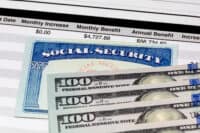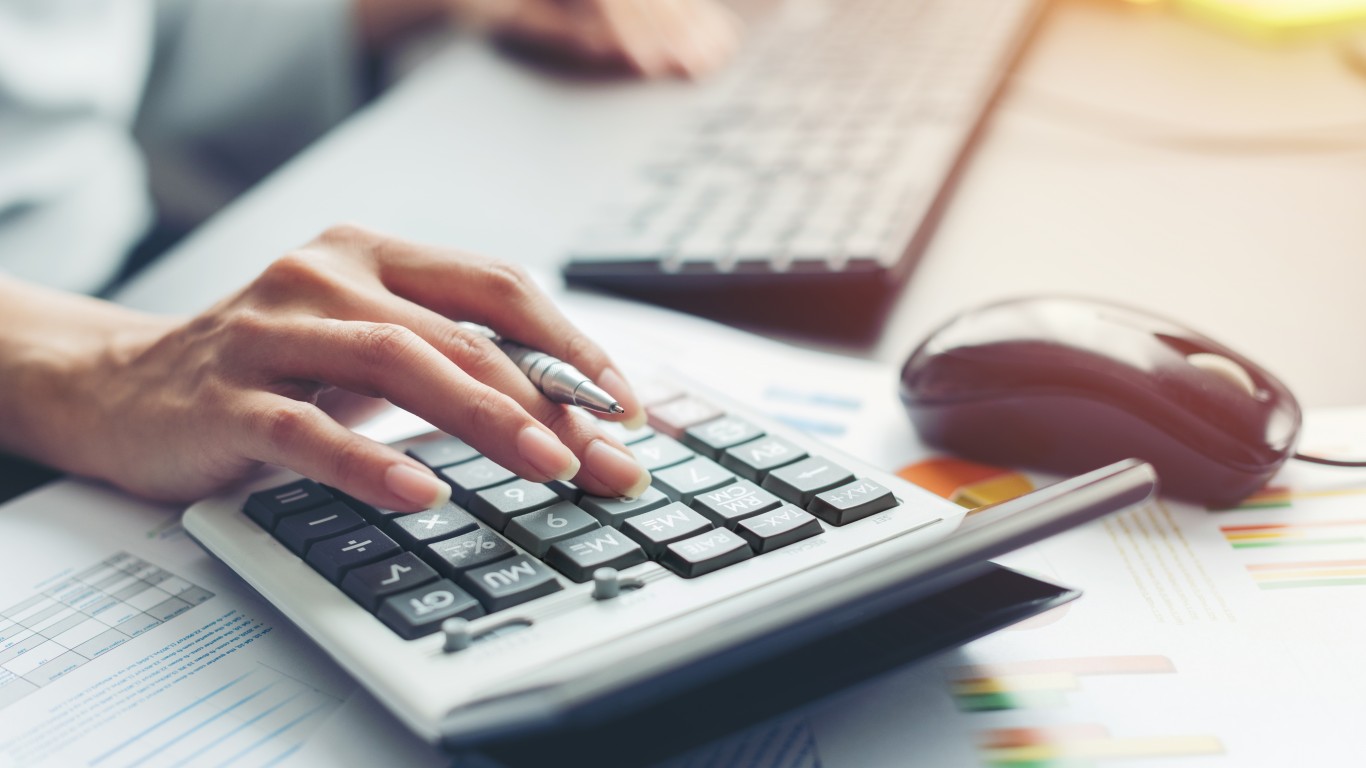
It can quickly become overwhelming navigating the financial world. The more accounts you feel you need to have the more muddled and frustrating your life becomes. You begin to second-guess yourself and small mistakes can lead to expensive blunders. If you want to double-check that you are using the right routing number for a large financial transaction involving E*Trade, we’re here to help.
Banks will always operate in their own best interests. They will be slow to cancel (if possible) or reverse any accidental or incorrect financial transaction. You should always take steps to be careful in any online financial transaction.
Why Are We Talking About This?
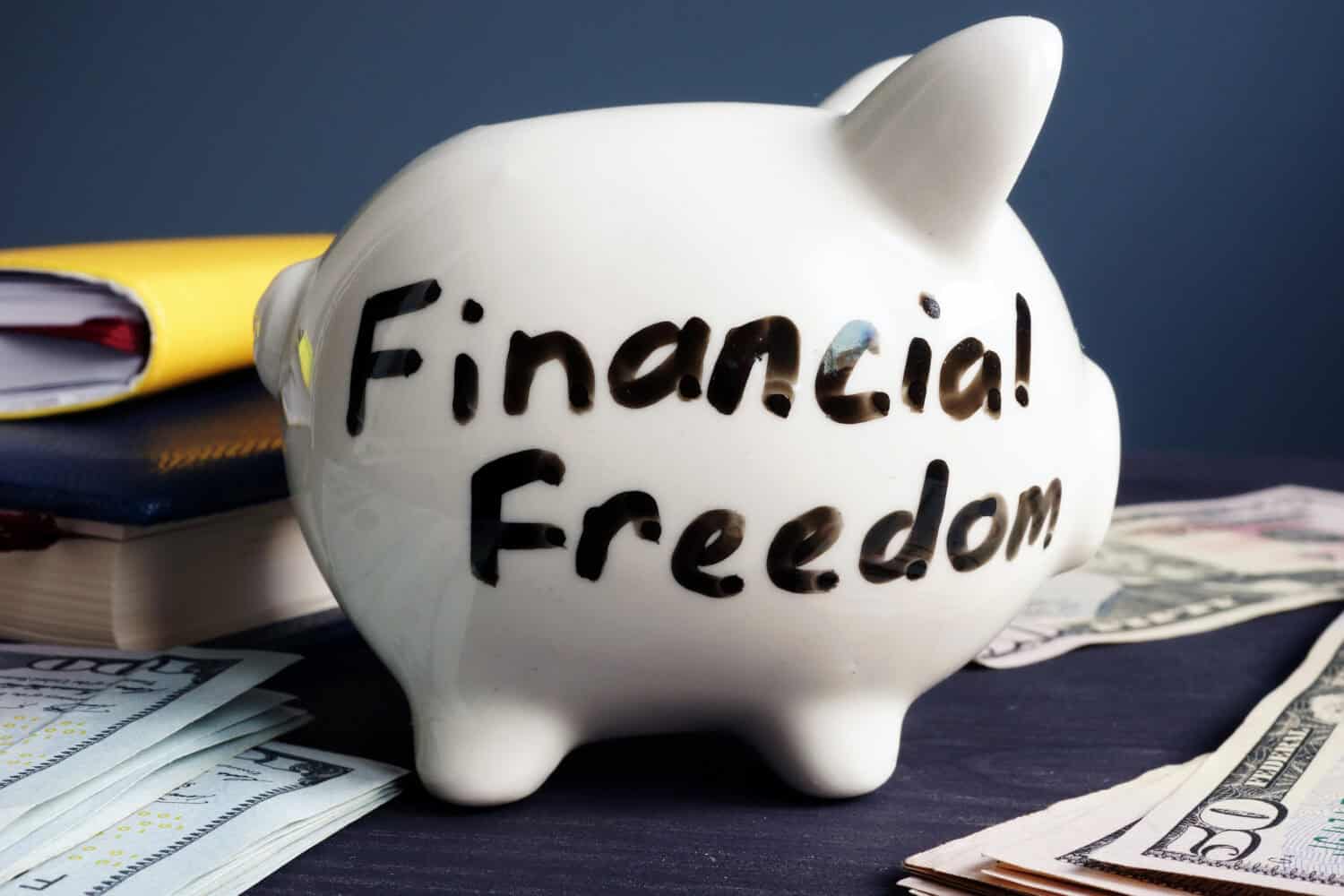
It is extremely important to verify all the details of any financial transaction. Many banks and brokers will not reverse a transaction once it has been processed, and in order to transfer money back might incur a large fee. We want to help you avoid that issue altogether.
Background on E*Trade
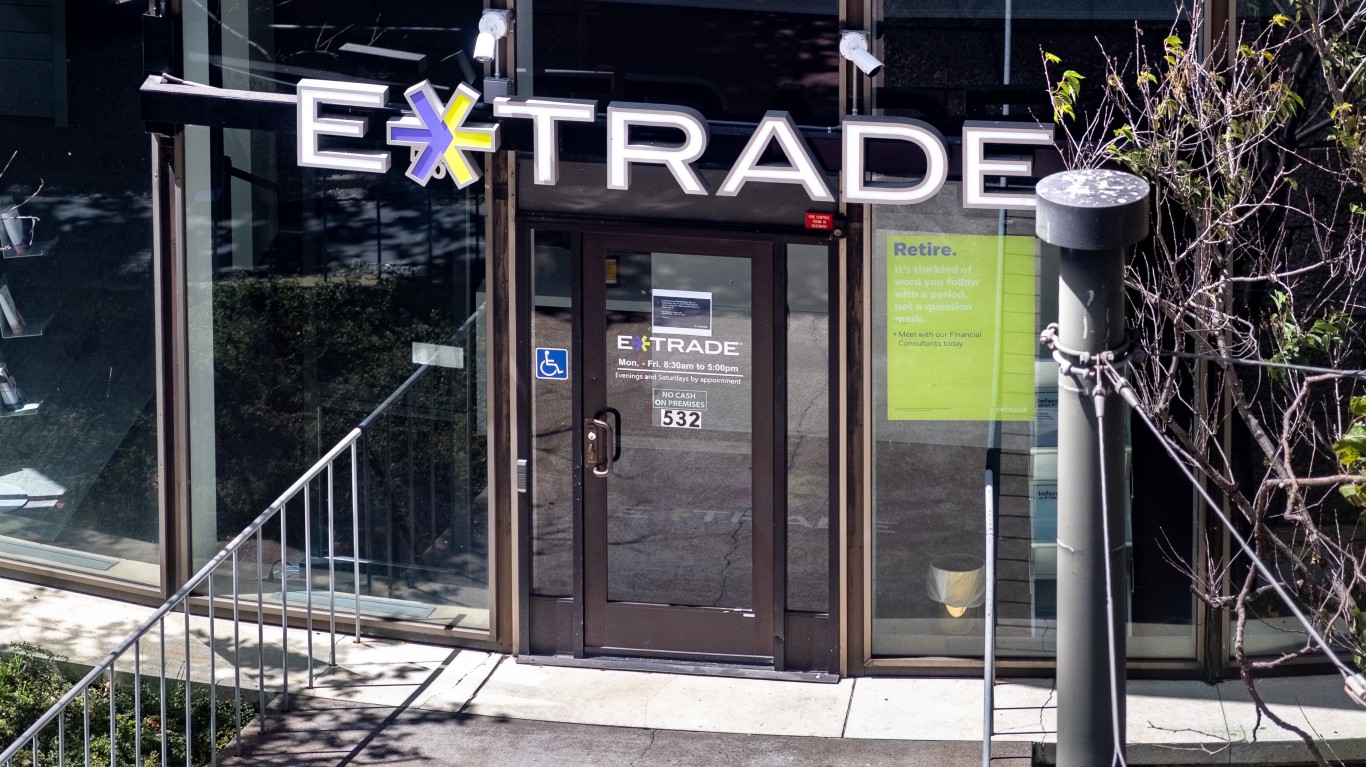
E*Trade began as an online stock broker in 1991. At the time, stock trading was limited to expensive asset managers and slow, frustrating mail orders on phone traders. Customers had to pay large commissions and fees and were often convinced to buy stocks they didn’t want or weren’t in their best interests. Stock brokers were always out for themselves.
When online traders like E*Trade entered the market, those who didn’t have enough money to afford an asset manager were suddenly able to buy stocks themselves and pick the ones they wanted all on their own. Millions flocked to the platform, forever changing the world of stock trades. Read more about buying stock on E*Trade here.
E*Trade went public in 1996. Then, mobile-first trading platforms entered the market that boasted fewer account fees, no commissions, and no account minimums. Their sleek design and simple trading experience were attractive to the millennial generation who adopted the new broker platforms with enthusiasm. In order to remain competitive, E*Trade followed the example of other large corporations and eliminated its own commissions on stock trades along with many of its fees. (Read more about E*Trade’s full list of major fees). Now, people can buy and sell stocks without paying any account fees or commissions on their trades.
Morgan Stanley (NYSE:MS) acquired E*Trade in 2020 and incorporated it into its own online financial ecosystem. This includes new options for checking accounts, high-yield savings accounts, a debit card that can be attached directly to your brokerage accounts, and a large variety of retirement options. Read about E*Trade’s solo 401(k) option, for example.
Read our full, in-depth review of E*Trade to see if it is the right platform for you.
E*Trade’s Bank Routing Numbers
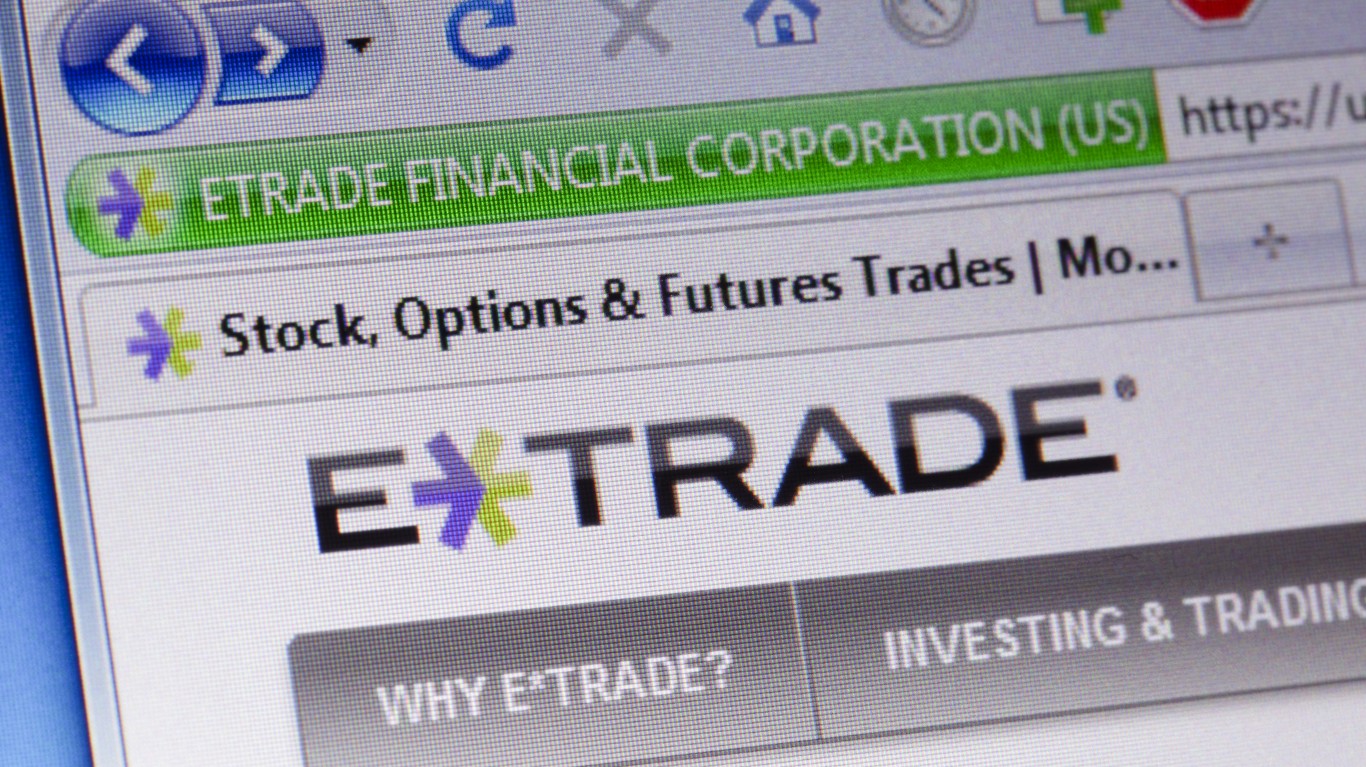
E*Trade has two different routing numbers. Therefore, we cannot recommend enough that you double-check, then triple-check that you have the right information. At best, your bank will tell you there has been an error and the money won’t be transferred, at worst you will send your money to an unknown institution that will not return your funds. Be careful.
Keep in mind that the routing number for all financial transactions remains the same, it only points to your financial institution, not the type of transaction taking place. Routing numbers are not secret, and unlike your account number, you shouldn’t worry about keeping it safe. You should never share your account number or personal information. A routing number is simply a short identifier for online systems to know which bank it should send money to.
If you have a bank account with E*Trade through Morgan Stanley (or a legacy account from E*Trade Bank) you will use routing number: 256072691
You will use this number for all direct deposits into any of your accounts, any ACH transactions, and any wires into your accounts.
If you have a brokerage account with E*Trade, you will instead use the routing number: 056073573
You will use this routing number for any direct deposits into your brokerage accounts only, along with any ACH transactions, and incoming wires.
If you’re curious about any other part of the E*Trade platform, check out this page: a regularly updated list of all our E*Trade guides, news coverage, and lists of benefits.
Find a Qualified Financial Advisor (Sponsor)
Finding a qualified financial advisor doesn’t have to be hard. SmartAsset’s free tool matches you with up to 3 fiduciary financial advisors in your area in 5 minutes. Each advisor has been vetted by SmartAsset and is held to a fiduciary standard to act in your best interests. If you’re ready to be matched with local advisors that can help you achieve your financial goals, get started now.
Thank you for reading! Have some feedback for us?
Contact the 24/7 Wall St. editorial team.
